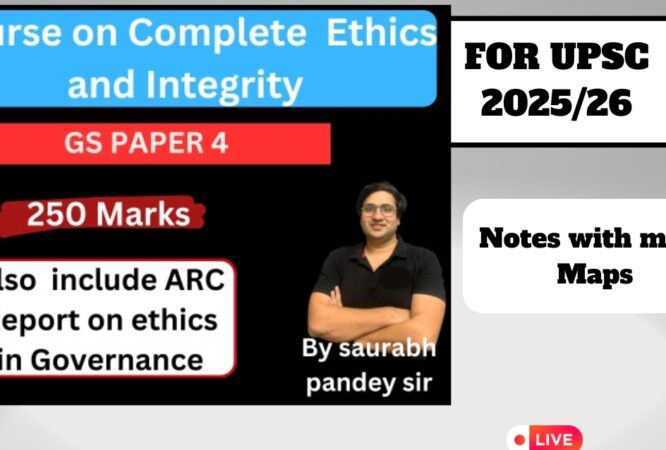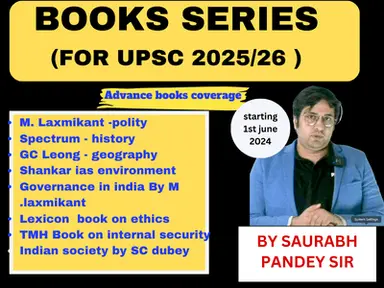Current Affairs 9th April 2025
Current affairs 9th April 2025 by Saurabh Pandey Sir
The Supreme Court’s Stance on Tamil Nadu Governor Introduction
● On a significant Tuesday, the Supreme Court of India took a firm stand against the conduct of Tamil Nadu Governor R.N. Ravi, labeling it as “unconstitutional.”
● This ruling has sparked discussions about the role of Governors in the legislative process and the importance of timely action on bills Background of the Case
● Role of the Governor in Legislative Process: ○ Governors act as a bridge between the state legislature and the central government. ○ They ensure laws passed by the state align with constitutional provisions.
● Overview of the 10 Key Bills: ○ The Supreme Court scrutinized the prolonged inaction of Governor R.N. Ravi on the ten key bills passed by the Tamil Nadu Assembly Supreme Court’s Criticism of Governor R.N. Ravi
● Unconstitutional Conduct: ○ The Supreme Court criticized the Governor’s actions as unconstitutional, emphasizing that a Governor should not hinder the legislative process.
● Prolonged Inaction on Bills: ○ Governor Ravi’s delay in acting on the bills was seen as a significant roadblock in the legislative process. The Court’s Ruling on the Bills
● Deeming the Bills Assented: ○ The Supreme Court deemed the ten bills to have received assent, nullifying the actions of President Droupadi Murmu.
● Actions of President Droupadi Murmu: ○ The court declared the President’s actions void, highlighting the need for clarity and adherence to constitutional timelines. Time Limits Imposed by the Court
● New Guidelines for Governors: ○ Governors now have a maximum of one month to withhold assent based on the advice of the State Cabinet. ○ If they choose to withhold assent contrary to the Cabinet’s advice, they






